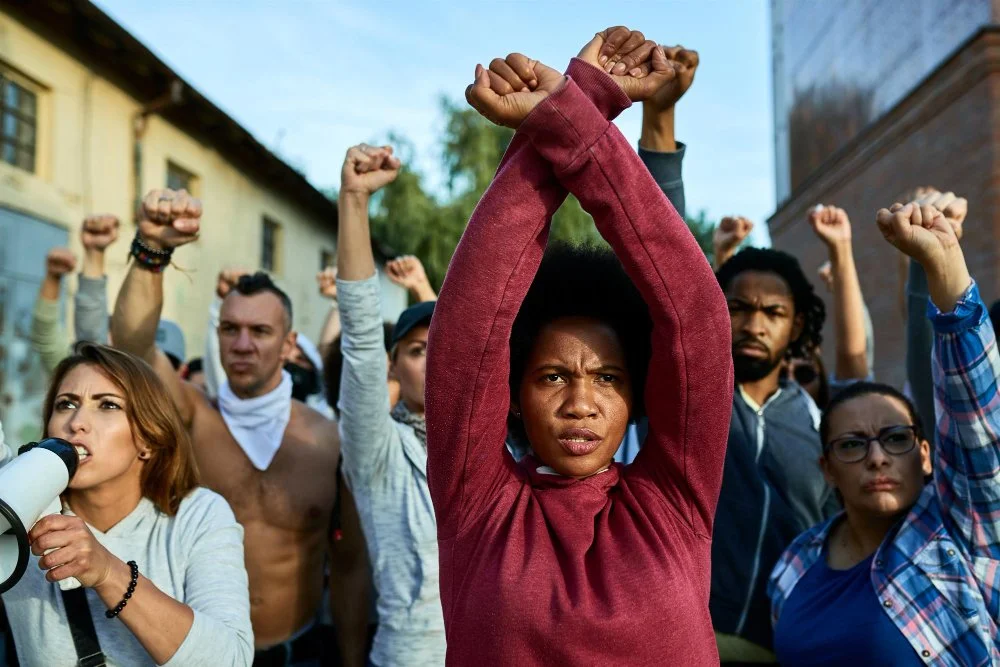Rebuilding Lives: How Refugees Are Contributing to Australia’s Social Fabric
Australia has for generations been a country shaped by immigrants and refugees, but those who refugees bring with them? It is usually refugees who come with experiences, skills and cultural insights that can enrich Australian society in hundreds of ways. ‘They don’t just hide under a rock and take whatever comes. They try to make a life for themselves’ Far from ‘dependents’ on the charity of the nation, refugees – particularly those who survive the trauma of state-sponsored violence and forced displacement – are active participants. Like all people, refugees contribute in diverse ways to the social, cultural and economic life of their communities. Rebuilding lives that have been shattered by violence and displacement, refugees help to create communities that are more resilient and inclusive, thereby making Australia a wealthier, more diverse place.
Cultural Enrichment and Social Integration
Perhaps the very first and most obvious contribution that refugees make is simply via enriching our culture. Their tongues, cultures, food, music and ways of being make settlement in Australia more intriguing – and richer – for all of us. Refugees represent new ways of looking at the world. They contribute to the cross-pollination of ideas and promote cross-cultural understanding, which in turn can help us to break out of prejudice and intolerance.
For instance, in recent years, refugee communities throughout Australia’s cities have brought popular cultural festivals, markets and food traditions that have become gloriously woven into local culture, from Sudanese food festivals to Afghan music performances. These traditions enliven Australian life, sharing rich histories and traditions from the cultures of others with Australians.
Refugees also function as drivers of social integration. Once resettled, refugees attend local schools, churches, mosques, and other community groups, forging relationships with their neighbours; they contribute to social capital and community relations, promoting greater empathy and understanding between people of different backgrounds.
Economic Contributions to Australian Society
Refugees also contribute significantly to our economy. Despite arriving with money, savings, and capital, most refugees can’t legally use this capital immediately. However, once refugees begin working, they need to support themselves, as well as their dependents, making them keen to find work and contribute to the country. Many have highly valued skills and qualifications, but the time spent within the community detention system, or waiting for their refugee status to be granted, results in a lag in many overcome the language barriers and find employment, working in industries that have shortages such as health care, agriculture and construction.
Refugees are entrepreneurs as well as workers. Many start their own businesses, providing jobs for others and contributing to the economy. Refugee-owned businesses spur economic activity and innovation through small groceries stores, tech startups and more.
In Australia, for example, the Hazara refugee Ali started his own cleaning business in a Melbourne suburb after arriving in Australia. His business now employs more than 20 people, mostly other refugees, and is an important part of the local economy. Stories such as Ali’s testify to refugees who contribute to economic development in their new communities, while also achieving economic independence and stability to their life.
Promoting Social Justice and Inclusion
Then there is refugees’ social justice activism ‘After all that they have lived through, refugees are valuable sources of knowledge that can help Australia develop social justice and inclusion.’ Refugees represent resilience in the face of persecution, forced displacement and exile. Many refugees come with strong commitments to human rights, equality and justice. Advocacy and community-building around these priorities is one of the highest forms of social justice activism offered by refugees in their new society.
Through their activism, refugees help gain publicity for problems that concern all of us: the struggle for refugee rights, anti-discrimination, social justice and the exchange of ideas across cultures. Their voices contribute to an incremental transformation of our world into one in which everyone, regardless of country of origin, has an equal opportunity to succeed.
Conclusion
Given that refugees enhance Australia’s social life, add to our cultural diversity, contribute economically to our society, and advocate for social justice, it follows that we have a moral obligation to welcome them. They bring much to our country and benefit our citizens in many profound ways for as long as they live in Australia, thereby enhancing Australian civil society.
Today, as Australia expands its inbound refugee policies, I look towards its horizon, as the one through which refugees came to the country that transformed them and made them my Australian companions. I know they can make this country better and stronger as they define the nation’s collective future. They can write their own stories like the ones I detached from the canvas.

